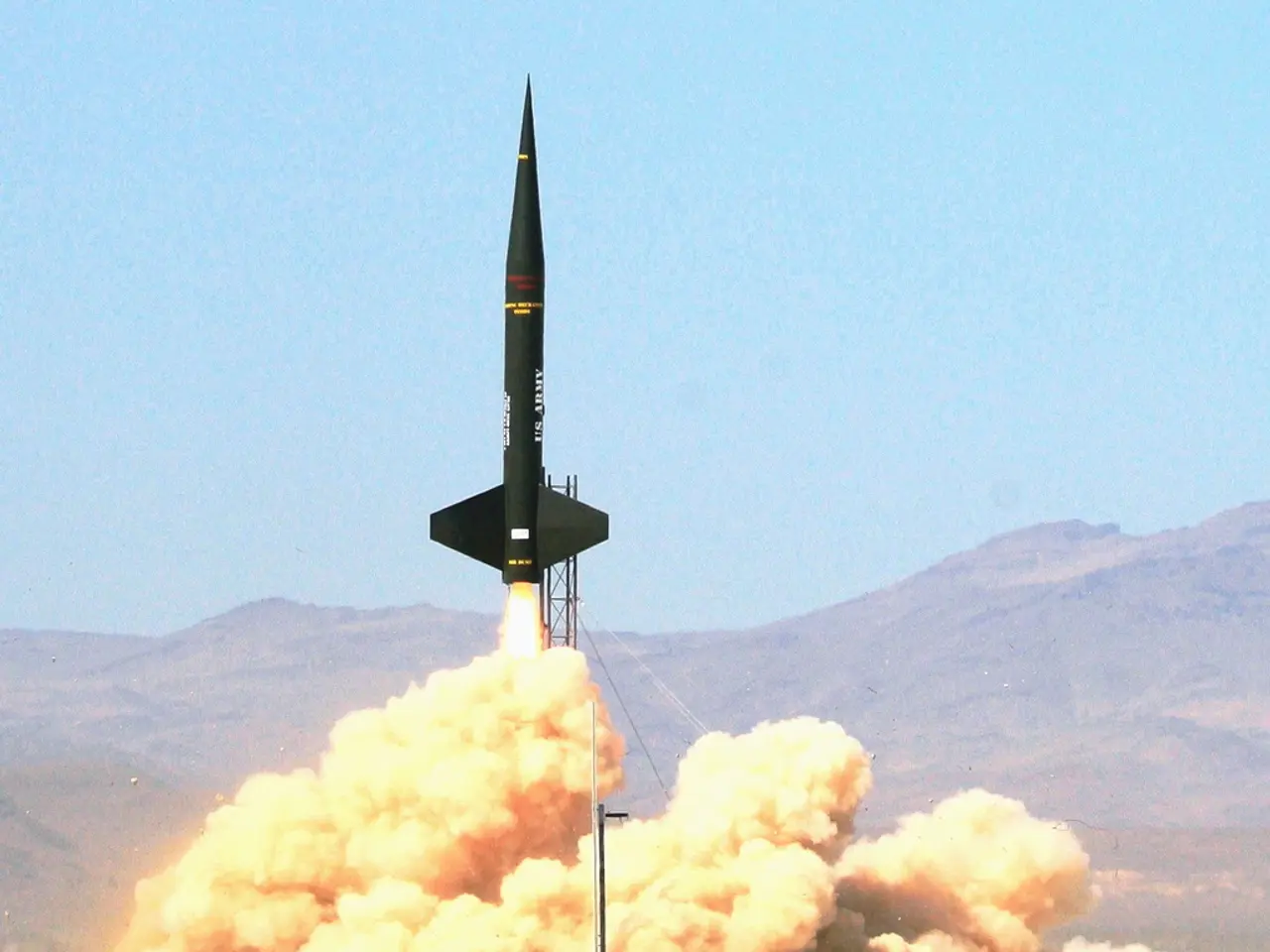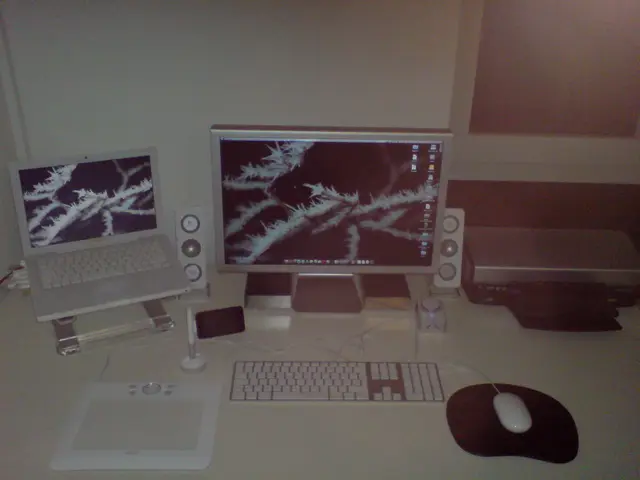British company Skyrora secures first license to carry out launches from United Kingdom soil
Skyrora, a Scotland-based space company, has received a license from the UK Civil Aviation Authority (CAA) to launch its suborbital Skylark L rocket from the SaxaVord Spaceport, located on the Shetland Islands[1][2][3][4]. The license allows for one initial launch of Skylark L and up to 16 launches per year.
The Skylark L is a single-stage guided suborbital rocket capable of lifting payloads up to 50 kg to an altitude of 125 km[4]. This vehicle serves as an R&D platform to test subsystems, including flight control computers, which will feed into the development of the larger orbital rocket, Skylark XL[4].
Skyrora's first Skylark L launch attempt in 2022 from Iceland ended in failure due to a software issue. The current launch from SaxaVord aims to be more successful[4][5]. Though the license is UK-based, if there are significant delays at SaxaVord, Skyrora might transfer its license to other international sites such as Australia’s Woomera range, potentially launching before the end of 2025[3].
Skylark XL is Skyrora's orbital rocket, designed to deliver payloads of up to 315 kg to orbit[4]. Two of the three stages of Skylark XL are already built, with integration and testing targeted for 2026 and a planned launch in 2027, subject to manufacturing progress[4]. Skylark XL’s development benefits from the technology validated on Skylark L, so the suborbital launches are key stepping stones[4][5].
The spaceport is undergoing modifications to support launches. Some delays in readiness could push Skyrora to consider alternative launch locations[3]. Skyrora shares the site with other companies like Rocket Factory Augsburg and Orbex, though limited launch pad availability currently restricts launch schedules[1][3].
Skyrora's CEO, Volodymyr Levykin, stated that this license is a testament to the company's hard work and dedication[6]. He emphasized the importance of the UK having sovereign launch capabilities for commercial and strategic purposes[7].
This is the first time a vertical launch license has been granted to a UK-based company[8]. Germany's Rocket Factory Augsburg was one of the five companies selected for the European Space Agency's European Launcher Challenge, and Orbex, another UK competitor, was also chosen for the challenge[1]. However, Skyrora was not selected for the European Launcher Challenge.
[1] https://www.skyrora.com/ [2] https://www.bbc.co.uk/news/uk-scotland-north-east-orkney-shetland-62842197 [3] https://www.flugrevue.de/news/skyrora-wird-in-grossbritannien-orbital-startlizenz-erhalten [4] https://www.skyrora.com/skylark-l/ [5] https://www.skyrora.com/skylark-xl/ [6] https://www.skyrora.com/press/skylark-l-license-granted/ [7] https://www.skyrora.com/press/skylark-l-license-granted/ [8] https://www.flugrevue.de/news/skyrora-wird-in-grossbritannien-orbital-startlizenz-erhalten
- The news of Skyrora receiving a license from the UK Civil Aviation Authority (CAA) for its suborbital Skylark L rocket launch marks a significant milestone in the history of the UK's space-and-astronomy sector, as it represents the first time a vertical launch license has been granted to a UK-based company.
- Despite the failure of the first Skylark L launch attempt in 2022 due to a software issue, the current launch from SaxaVord Spaceport on the Shetland Islands aims to leverage the advancements made in science and technology to achieve a successful orbital mission.
- As part of its business strategy, Skyrora is considering alternative launch locations, such as Australia's Woomera range, in case there are significant delays at SaxaVord Spaceport, which could impact the company's plans to deliver suborbital and orbital payloads within the given timeframes.




